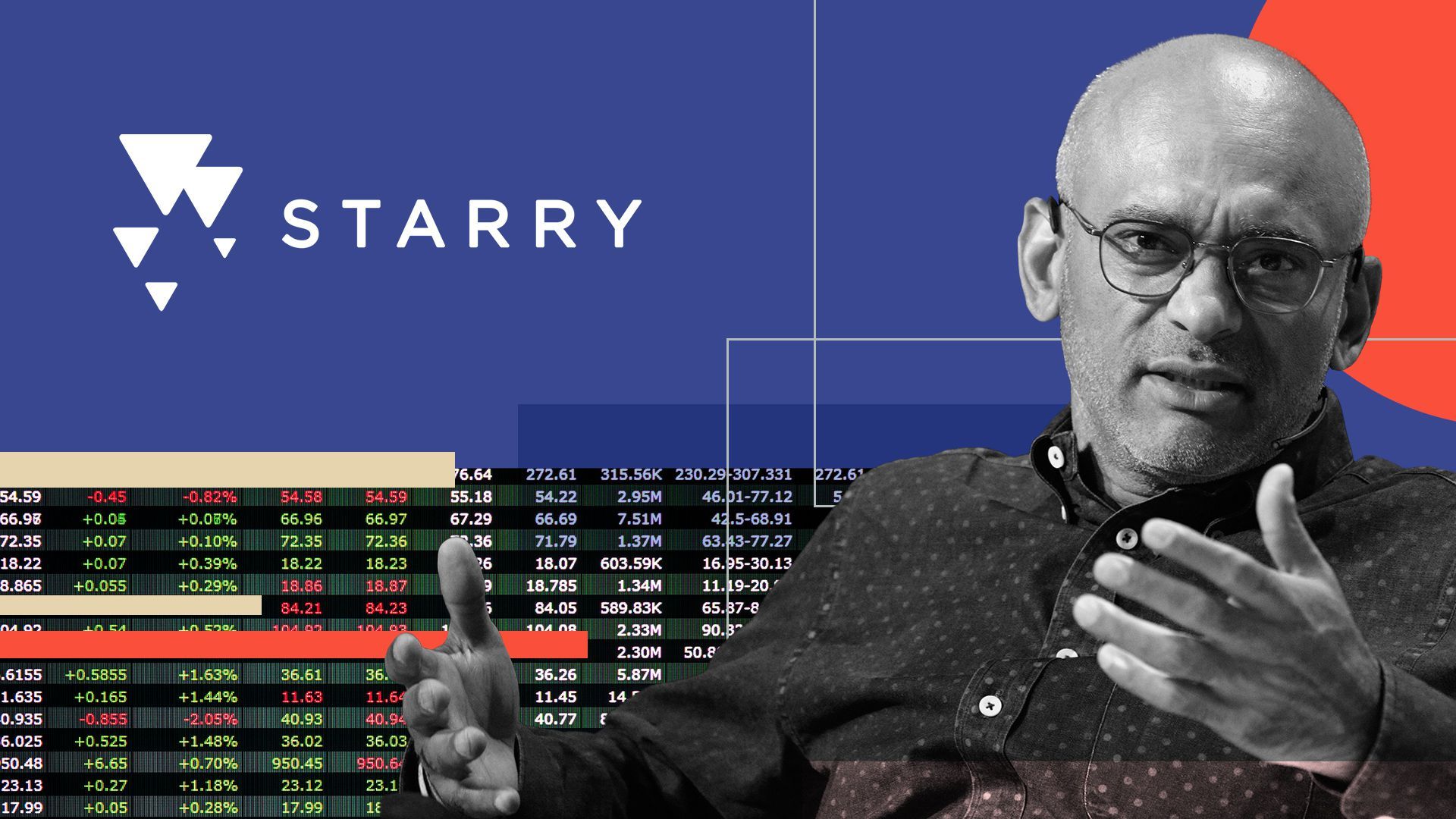
Starry CEO Chaitanya "Chet" Kanojia. Photo illustration: Gabriella Turrisi/Axios. Photo: Kimberly White/Getty Images for TechCrunch

Starry CEO Chaitanya "Chet" Kanojia. Photo illustration: Gabriella Turrisi/Axios. Photo: Kimberly White/Getty Images for TechCrunch